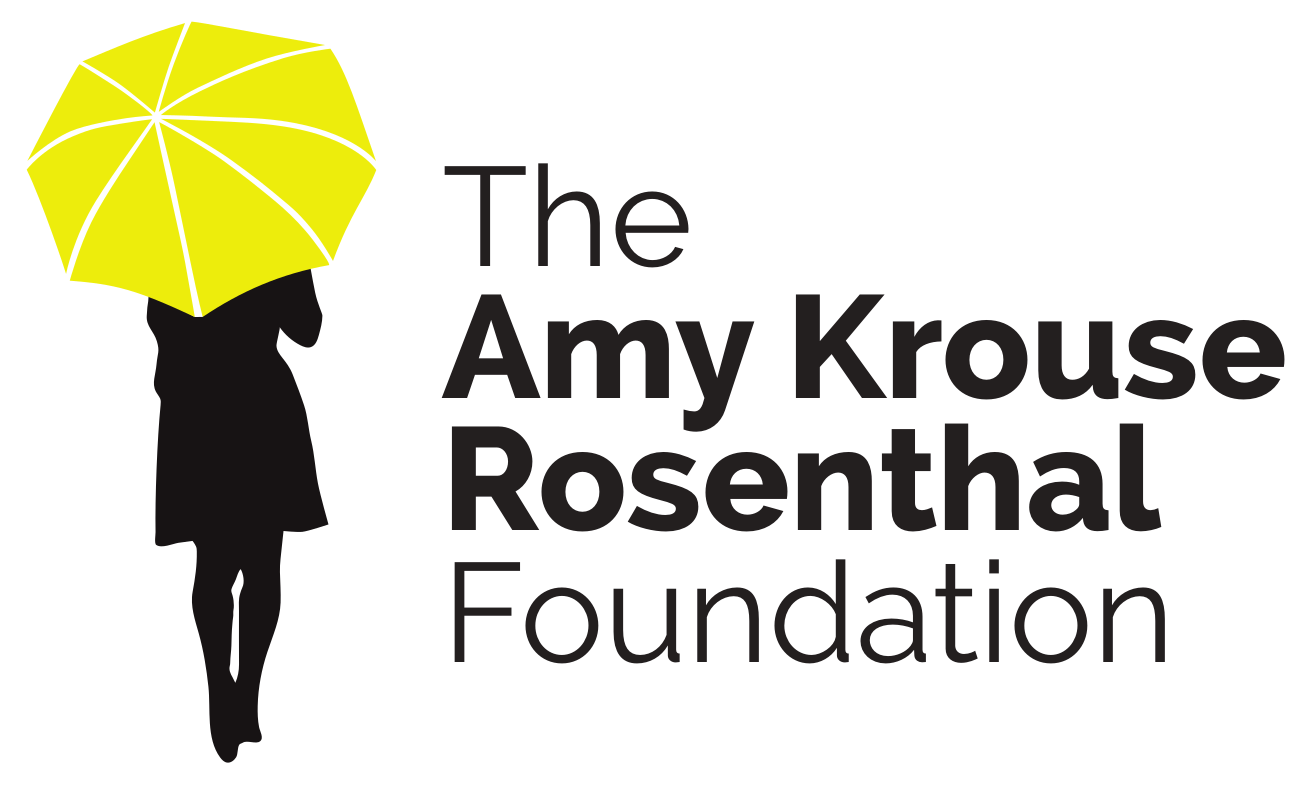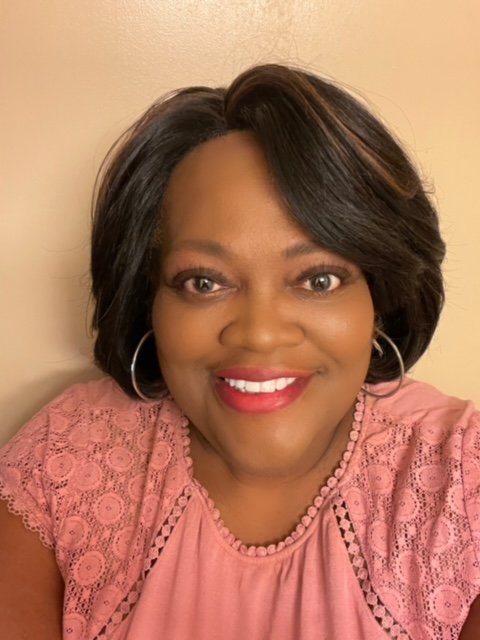Kimberly Richardson
Kimberly Richardson, a single mother of twins, has always been adventurous and active, participating in triathlons and marathons. So when she experienced extreme fatigue while training for the Chicago Marathon, she knew something was wrong. She says, “I would do my ten-mile run on the weekends. I would start out around six and be done by nine or ten o’clock. I would be home by eleven and I wouldn’t wake up until it was dark outside. I was like, ‘Wow, my body must really be taking a beating.’ But then it became more pronounced throughout the week where I was at work and I couldn’t keep my eyes open.”
Kimberly became worried when she fell asleep at the wheel in bumper-to-bumper traffic, prompting her to make a doctor’s appointment. After a series of tests — “the whole nine yards” — an abnormal pap smear and subsequent vaginal ultrasound revealed what her doctors thought was an ovarian cyst. They scheduled a routine surgery to remove it, but Kimberly would soon receive a life changing diagnosis.
“I get there bright and early to do the surgery. When I wake up it’s dark outside and the head of gynecology is tapping me on my shoulder saying ‘Kimberly, it’s cancer. We’ll talk about it when you wake up.’”
This rude awakening left Kimberly in shock, and the way that her doctors handled the situation did not help. Of the head of gynecology, who had reassured Kimberly that she just had an ovarian cyst, she recalls, “Three weeks later he couldn’t look me in my face. He wasn’t able to say, ‘I was wrong.’ The way he handled it let me know how personally he took it. I remember him not even sitting down. He just walked in, stood right by the door, looked at his shoes, and he couldn’t get out of the door fast enough. I had questions, but I never had any opportunity to talk to him.”
Kimberly describes this interaction as the first disconnect from her medical team. Learning that she had to have chemo following her full hysterectomy, she was put under the care of the gynecological oncologist who had undertaken her surgery. “I didn’t have a great relationship with my gynecological oncologist. I asked a lot of questions and she wasn’t the type of person who appreciated that. She tried, in her responses, to be as rude and abrupt as she possibly could.”
“I came into her office and I said, ‘I’m looking at this prescription for this chemo that you want me to do, BEP. I don’t get it, I don’t understand. You told me that I have this rare form of ovarian cancer that’s very slow growing, and I understand that this chemo only works on fast growing tumors. So why am I taking chemo when I don’t have a fast-growing tumor? And besides, this chemo is really aggressive and harsh. I don’t know if it’s right for me in particular because I have a slow-growing tumor.’
“She looked up at me and she went, ‘Well, do you want to live? Then you need to do what I tell you. BEP is better.’”
In shock, Kimberly went along with the prescription, which involved aggressive chemotherapy treatment three times over the course of one week. The day of her third treatment, Kimberly came in with a dangerously low heart rate caused by the chemo. She was hospitalized for three days, and more uncertain than ever.
As she got ready to be discharged, Kimberly’s gynecological oncologist came into the room. “She came with a few students. I just knew in my heart, now we’re going to have a better conversation. This stuff almost killed me. Now you’re going to start listening to me. You’re going to start hearing me when I tell you about the things I’m afraid of or I’m concerned about. No, she walked right in and went, ‘Wow, this would make a great journal article.’”
Eight years later, and with no ovarian cancer recurrences, Kimberly has come to terms with their fraught relationship. She says, “What she didn’t have in terms of bedside manner she made up for with impeccable knowledge and she applied that knowledge in my surgery. She’s in a field where there are no answers. We still don’t have a diagnostic tool for ovarian cancer. There’s no way to test it. There’s no way to validate it. There’s no way to know if treatment plans are going to work. Ovarian cancer is super, super tricky. I would like to think that almost a decade later she’s more mature and that she’s had enough patients to correct her behavior and is more compassionate.”
Now, Kimberly runs the nonprofit Black Cancer Collaborative, putting her vision of ovarian cancer advocacy into practice. As a Black woman, she didn’t feel welcome in the advocacy space when she first got involved — a space that is primarily made up of white women between 45 and 65. She says, “It’s hard to be welcomed into that population of people when they represent a microcosm of America.”
Kimberly is taking a new approach to awareness and patient advocacy work in order to create better experiences for ovarian cancer patients through advancements in the field that her doctor did not have. She advocates for medical knowledge and awareness because she’s noticed that, “as advocates, we don’t step outside of that box of sharing our story. I’d love to see advocates do more by creating educational modules or working with researchers to create those modules. I do a lot of that work now, and I just wish that our advocacy organizations would do more to educate the survivor as well as the recently diagnosed.
“We don’t have all of the answers, but we do have enough anecdotal information that we could share with you to not only empower you and help you make critical decisions, but also to give you hope. Because there are people like me who are eight years out and could talk to you about immunotherapy, if you wanted to know, but also could tell you, ‘I’m still here.’
“Let’s do more to share our story. If we’re going to be true advocates, advocate for research intelligently.”
You can find Kimberly on Twitter @KDRichardson924 and on LinkedIn. Her nonprofit is on Twitter @BlackCancerCollab1 and on LinkedIn and Instagram as Black Cancer Collaborative.

